A Tale of Two Sisters is one of the few horror movies that gets better and makes a lot more sense with multiple viewings. The film's premise has three layers. At its surface, it terrifies the viewer with its well-timed jump scares and confusing paranormal events. On a deeper level, it delves into the psychological explorations of a young woman suffering from Dissociative Identity Disorder. And finally, its third layer portrays how grief and regret can completely shatter a family.
Considering the complexity of its storyline, it's impressive how meticulously its sequences and revelations are arranged. Other than that, the film does a great job at portraying the complicated ties of a family that has had a terribly tragic past. It achieves this through its scintillating cinematography and sentimental, thought-provoking dialogue that stays with you long after the credits start rolling.
10 "That's So Funny. How Could We Both Get Our Periods On The Same Date?"
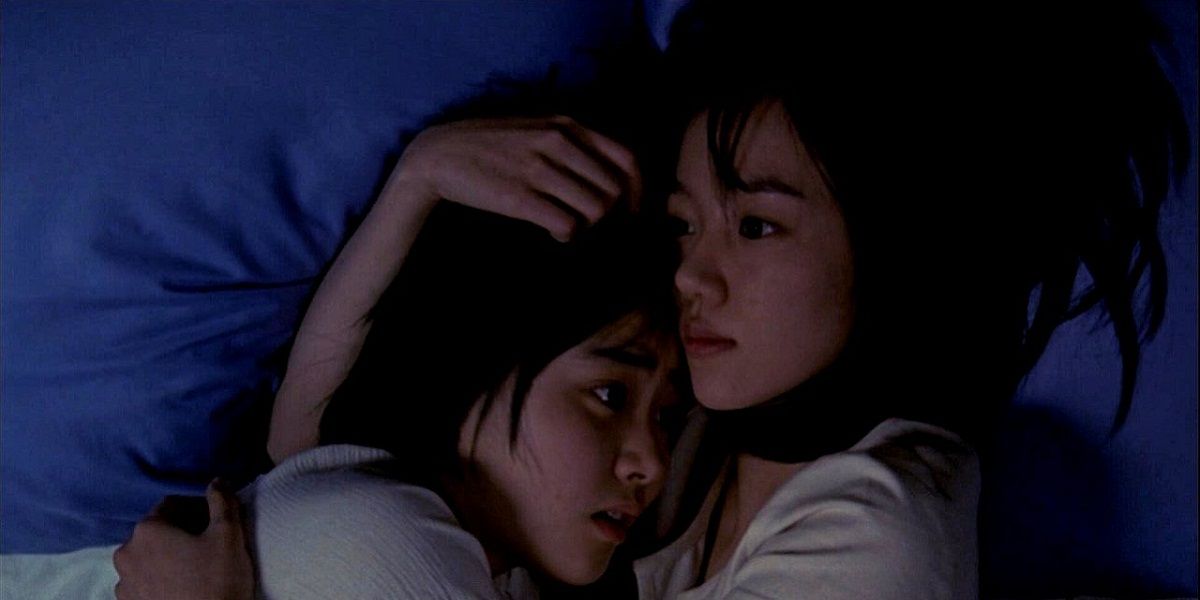
This quote hints that nothing is as it seems. Su-mi, her sister Su-Yeon, and her stepmother Eun-Joo are not three different characters, but all the same person.
When Su-mi notices that her sister is having her first period, she tries to comfort her by stealing Eun-Joo's sanitary supplies. That's when Eun-Joo catches her red-handed and jokes about having her period on the same day as Su-Yeon. Only moments later, Su-mi learns that she, too, is having her period. This is the first time the film subtly foreshadows that Eun-Joo and Su-Yeon are just Su-mi's two distinct personalities.
9 "There Was A Girl Under The Kitchen Sink."
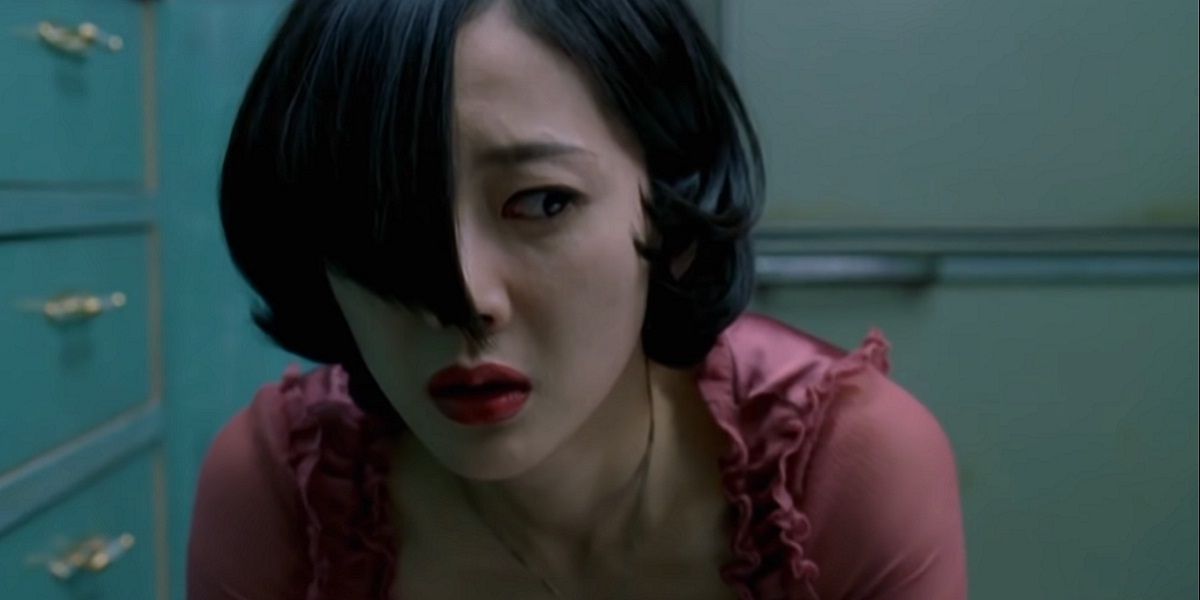
Almost everything that happens in the movie's runtime is a mere projection of Su-mi's coping mechanism regarding her past trauma. However, certain moments have paranormal underlinings as well.
One of these moments is when Su-mi's father invites Eun-joo's brother and his wife, Mi-hee, for dinner, but they leave soon after Mi-hee has a seizure. On their way home, Mi-hee tells her husband that she saw a girl under the sink in the house. The girl under the sink appears to be Su-yeon and the fact that an outsider could see her suggests that she wasn't a projection of Su-mi's imagination — she was Su-yeon's real ghost.
8 "As Much As You Hate It, I'm The Only One In This World You Can Call Mother, Got It?"
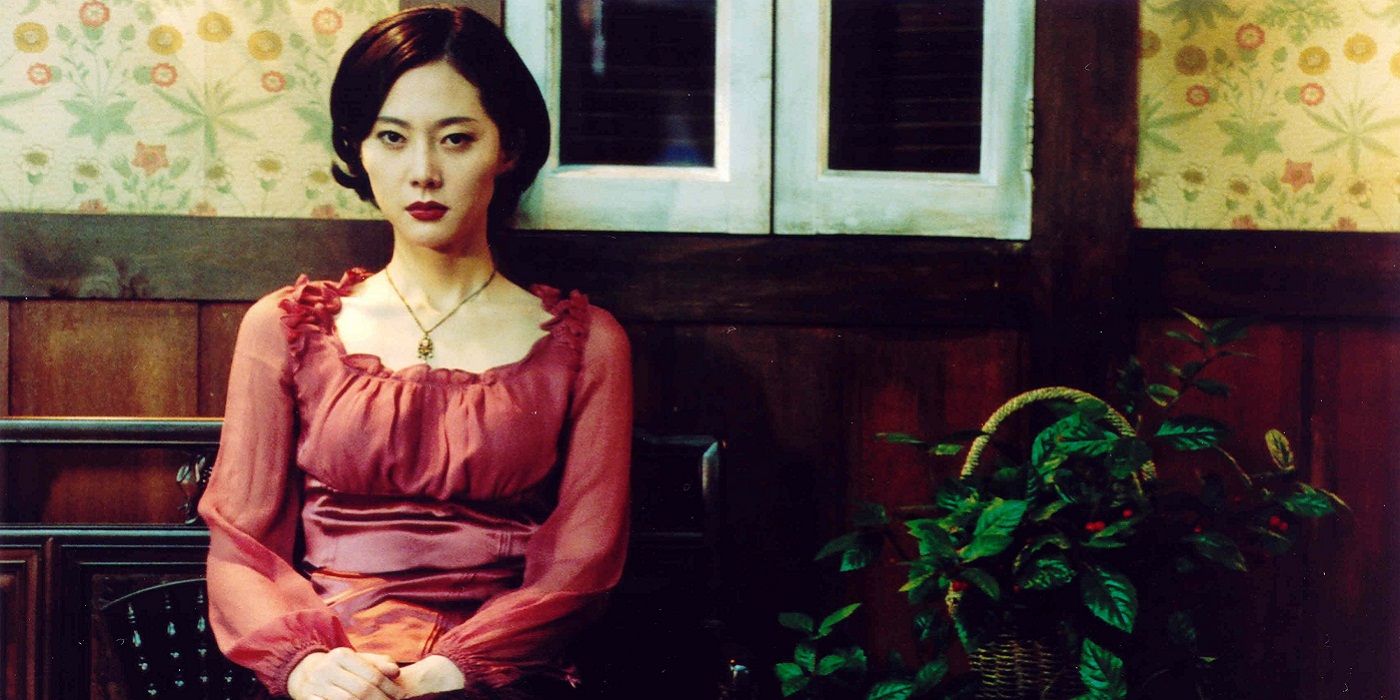
An argument ensues between Su-mi and Eun-joo when Su-mi learns that her step-mother abused her sister. Eun-joo confronts her by blurting the above line, reminding her that her real mother is dead.
This scene is a portrayal of the conflict between Su-mi's two personalities. One personality is her true self, while the other is that of Eun-joo. Su-mi's portrayal of Eun-joo's personality is a reflection of her black and white perception of the past. Little does she realize that she, herself, is as flawed as Eun-joo.
7 "The World Isn't As Sweet As You Picture It. Sometimes You Have To Bear The Worst And Live On."
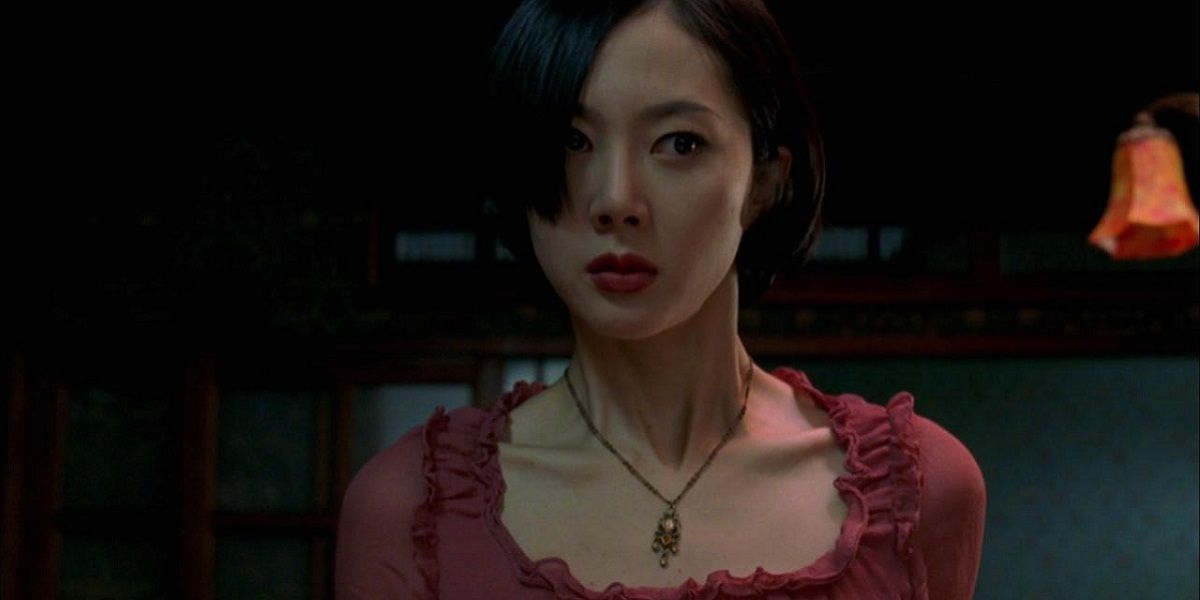
The above quote shows how, time and again, Su-mi's subconscious kicks in and reminds her that she needs to accept the past, forgive herself, and move on with her life.
Since Eun-joo says this line to Su-mi, it might come off as another portrayal of Su-mi's polarizing personalities. However, this line is a representation of Su-mi's subconscious mind taking over, attempting to snap her out of her delusional reality, and helping her accept her sister's death.
6 "Taritakoom, Taritakoom."
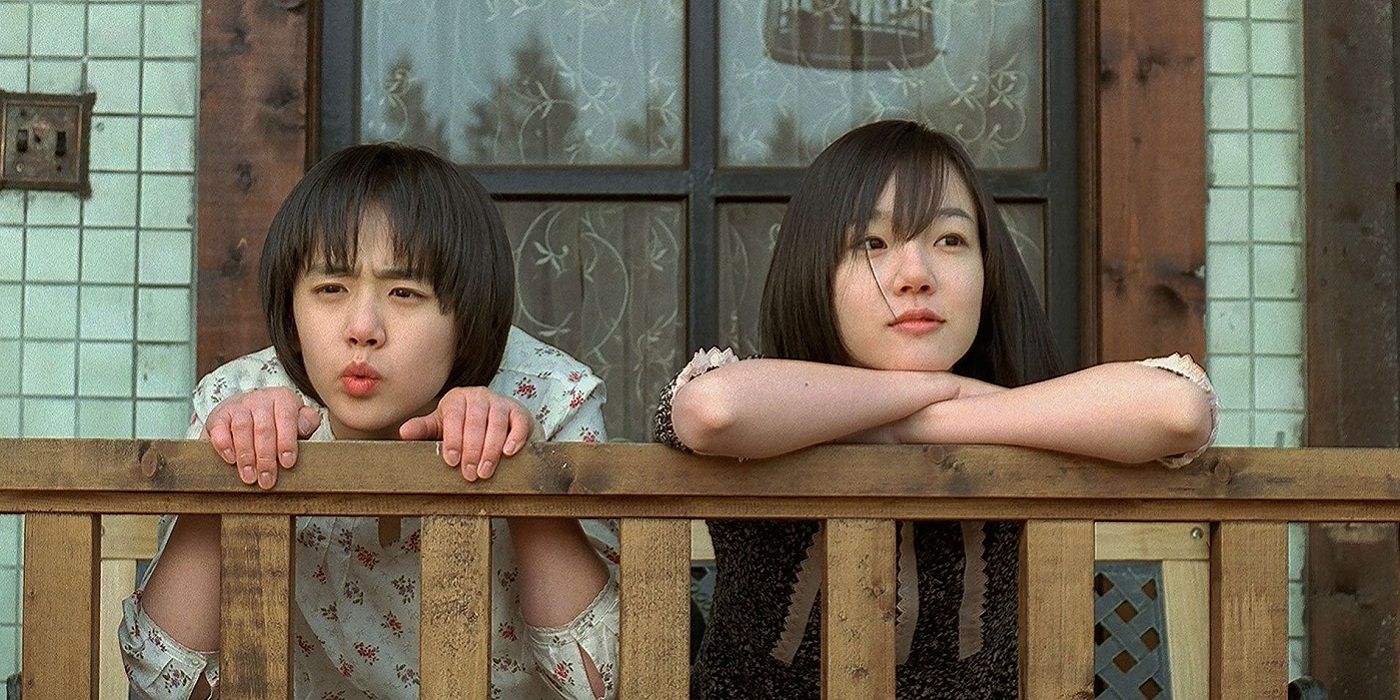
When Su-yeon chants the above "spell," Su-mi asks her where she learned it. Su-yeon replies that their dead mother asked her to use it to call her out.
This quote gets lost in translation. However, it seems to be derived from the tale of a dead daughter from the gospel of Mark in the bible (Mark 5:35-43). In the biblical tale, Jesus Christ resurrects a dead child with the words "Talitha Kum," which means "Little girl, I say to you, arise!" Going by this, the quote probably means that the mother's ghost reached out to Su-mi's Su-yeon personality and tried to wake her up to her reality by using the biblical verse.
5 "My Memory's A Bit Blurry But I Think It Did Happen."
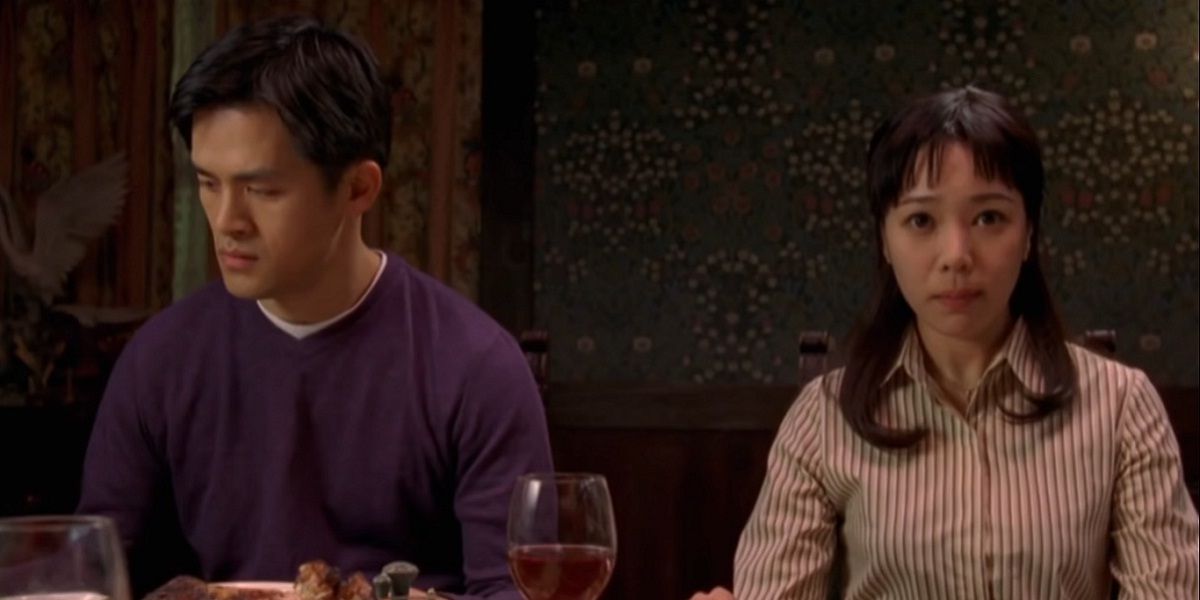
One of the most terrifying scenes of the movie is when Su-mi acts out her Eun-joo personality in front of Eun-joo's brother. Starting with the above line, she recalls made-up childhood stories just to convince herself that she is, indeed, his real sister. However, since she is Su-mi, the stories make no sense.
This scene shows how deeply Su-mi gets involved in her personality states. She not only believes that she embodies Eun-joo but even thinks that she has shared real childhood memories with Eun-joo's brother. Her memory isn't blurry, it's entirely flawed.
4 "Maybe I Don't Know, I Don't Have All The Answers. I Don't Know, So Tell Me And Get It Off Your Chest."
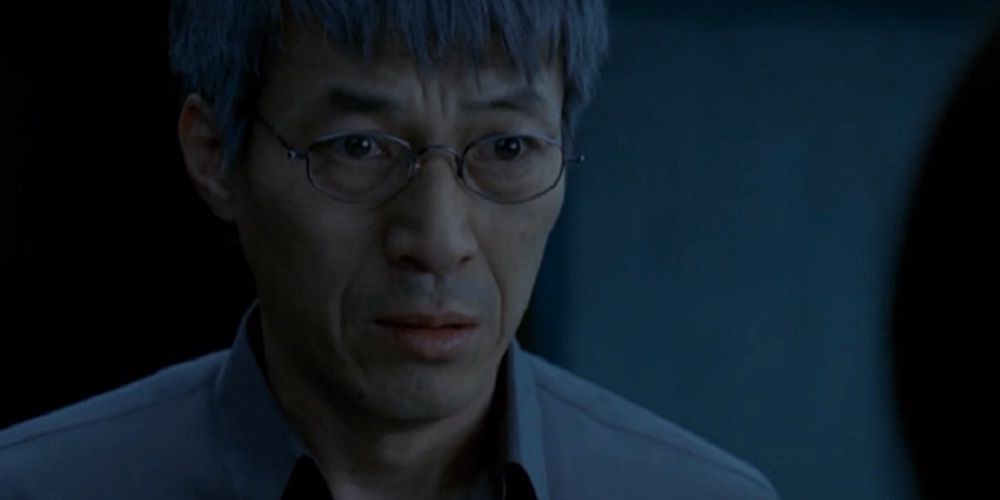
By the end of the film, it becomes evident that no character is good or evil: they're all just suffering the consequences of their own skewed decisions. It was Su-mi's hatred towards Eun-joo, Eun-joo's jealousy, and Su-mi's father's betrayal that led to Su-yeon's death. So although Sumi's father initiated the events that led to Su-mi's mental breakdown, it's hard not to empathize with him.
Su-mi blatantly blames her father for everything and calls him clueless. But instead of fighting back, he accepts that he does not have all the answers and only wishes to know what really happened. The sad part is that he'll never know how Su-yeon died and what led to Su-mi's mental breakdown.
3 "You're Not Even A Bad Father."
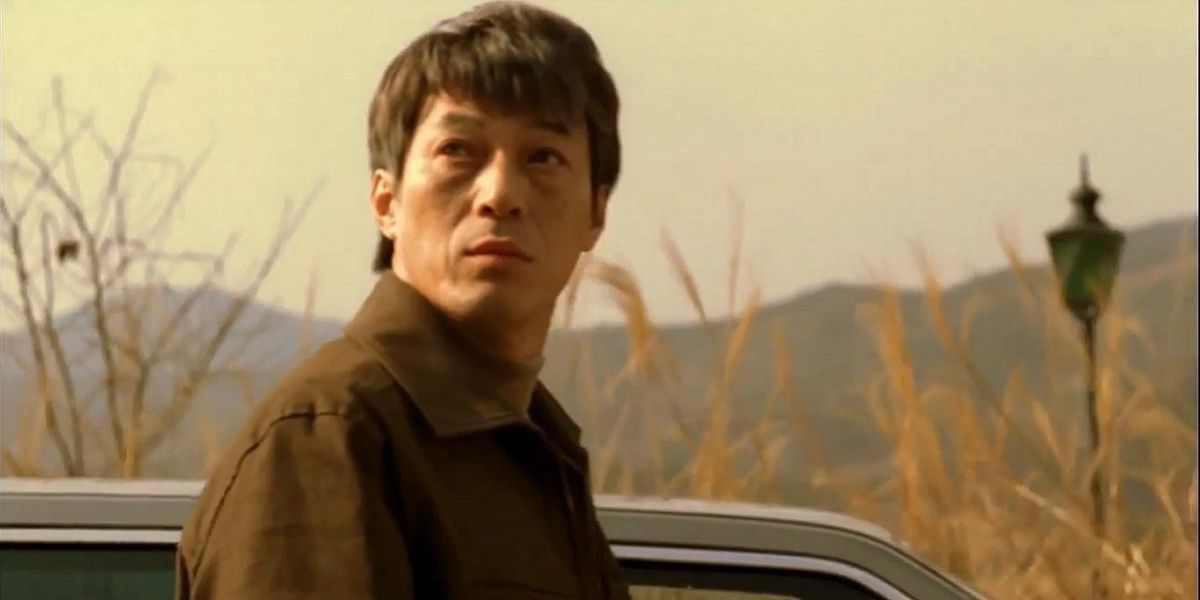
As much as Su-mi hates her father, she knows that he is not a bad person. She defies him and blames him for everything, but when he himself accepts that he's a bad father, she corrects him by saying that he's not.
This shows that Su-mi empathizes with her father and understands that he's grieving too. But the trauma from her sister's death overpowers everything else and her actions are not under her control anymore.
2 "You Might Regret This Moment."
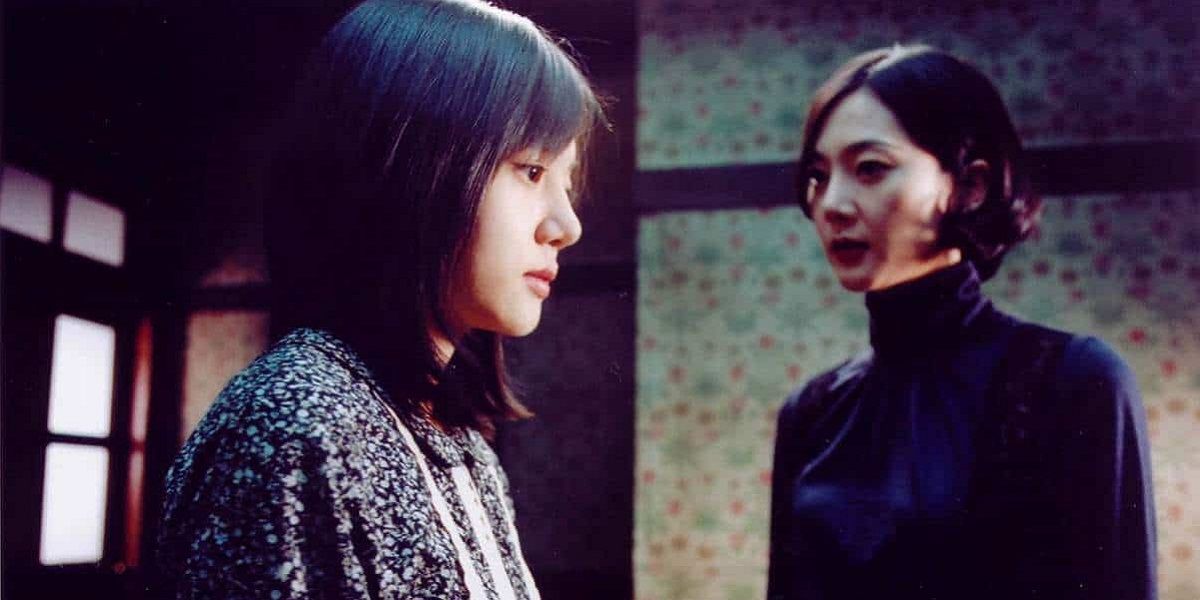
A climactic flashback reveals that Su-mi's mother committed suicide by hanging herself in a closet. She did so after discovering that her husband was cheating on her with her nurse, Eun-joo. Su-yeon found her dead in the cupboard and tried to get her out. But instead, she panicked, pulled the whole closet onto herself, and was crushed.
Both Su-mi and Eun-joo could have saved Su-yeon, but they were so contrived in their hatred and bitterness towards one another that they forgot about her. After knowing that Su-yeon was dying, Eun-joo told Su-mi the above line as a warning. But Su-mi, who was overridden with animosity, took Eun-joo's warning as a challenge and forgot to check on her sister. She did eventually regret it all her life, and consequently, played out imaginary scenarios where she was saving her dead sister.
1 "Do Know What's Really Scary? You Want To Forget Something ... But You Never Can ... And It Follows You Around Like A Ghost."
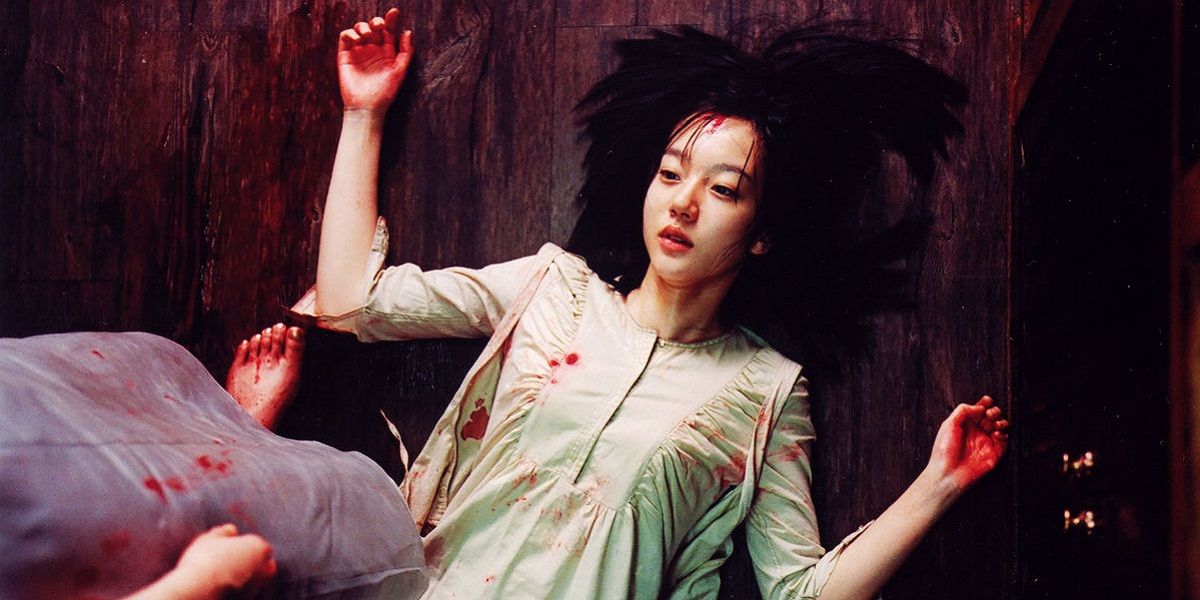
Su-mi's illness escalates to a point where her Eun-joo personality almost kills her. This is when she says this heartbreaking line.
It reflects on how Su-mi understands the gravity of all her actions. She realizes that she let her sister die and the only way she can forgive herself is by dying herself. She's tired of carrying her sister like a ghost of her past and wants her to go away, but she can't.
from ScreenRant - Feed https://ift.tt/3ml03ED





No comments: